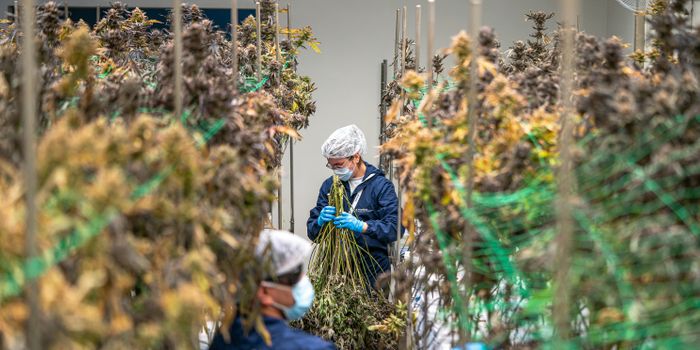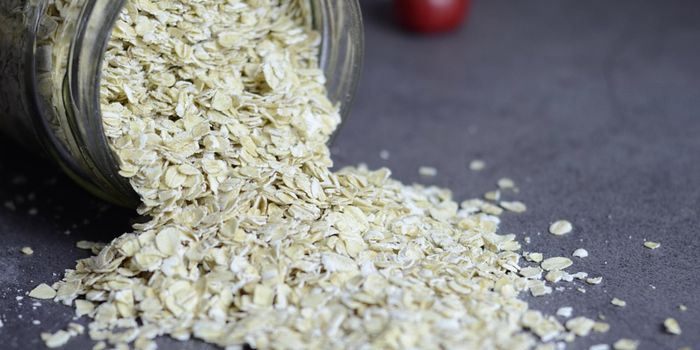Taboo Bird Flu Vaccines Considered in Europe Amid Poultry Outbreak
Vaccines are yet again a subject of controversy, but this time it's got nothing to do with COVID. An outbreak of avian influenza, or bird flu, in Europe has researchers considering vaccines as an alternative to culling, or slaughtering birds suspected to be infected in order to stop the virus from spreading. According to Science, more than 16 million birds have been culled in France alone since December 2021 and associated costs have surpassed 150 million euros.
Why is vaccinating poultry against bird flu controversial? Because of the trade implications that come with it. Countries may refuse to import vaccinated birds from countries with bird flu outbreaks out of fear that vaccines have not completely halted outbreaks. The larger concern is that if bird flu persists and spreads through different bird species, it might eventually evolve to infect humans as well.
The current strain infecting birds in Europe is H5N1. The US also currently has the same bird flu outbreak but is continuing with a culling approach and not considering vaccination at the moment.
Vaccines for bird flu have been used before in China. In 2017, China mandated vaccines for poultry against the H7N9 strain, a strain that could spread to people. The vaccine was considered effective because it reduced the prevalence of bird flu in both poultry and people. Bird vaccination didn't halt trade – the US continued to accept Chinese poultry products.
But researchers report that H5N1 will likely be more difficult to control with vaccines because it can infect more species than the H7N9 strain. H5N1 can spread through the wind and is reportedly spreading in many wild bird species. If this leads to it becoming endemic, the US may consider poultry vaccination necessary. Science reports that the US Department of Agriculture is modifying existing vaccines and testing new ones against the current strain.
Ron Fouchier, a virologist at Erasmus University Medical Center, advises that because viruses evolve and may occasionally escape vaccines, other measures would still be needed. These would include continuing with culling as needed and restructuring farms so that bird flocks aren't so close together.
Sources: Science








